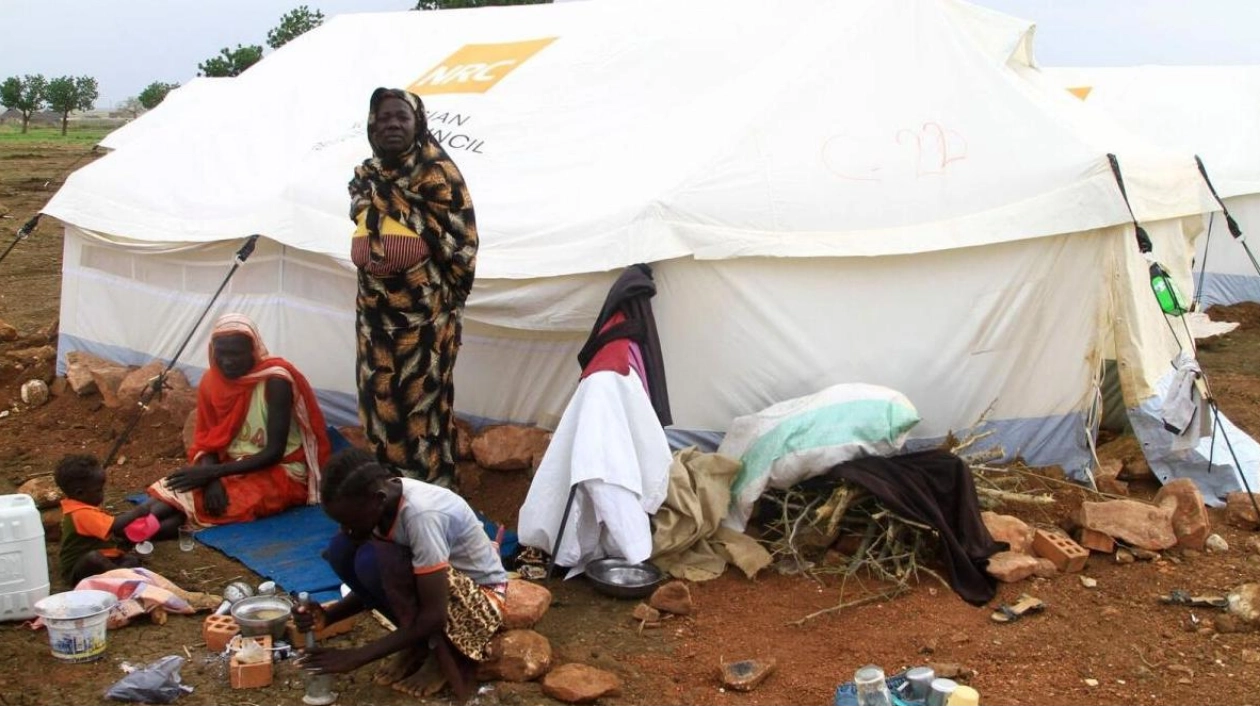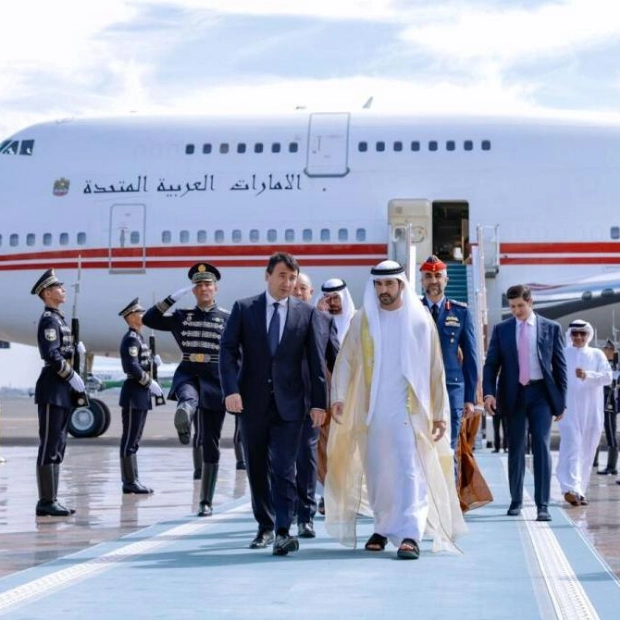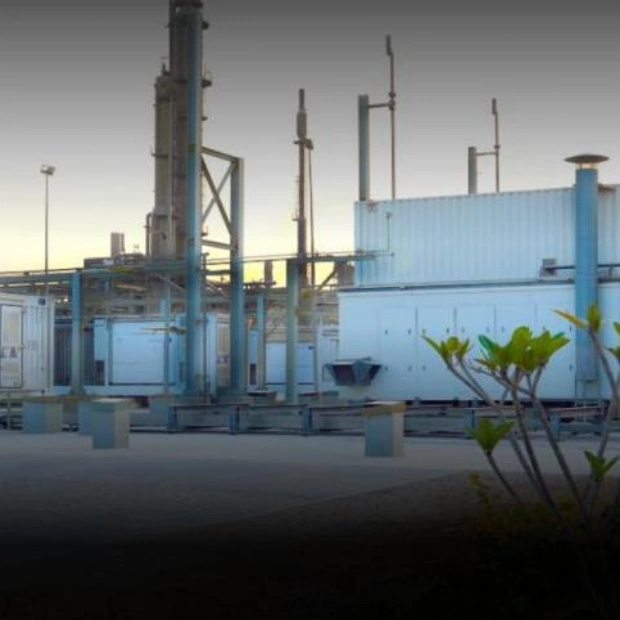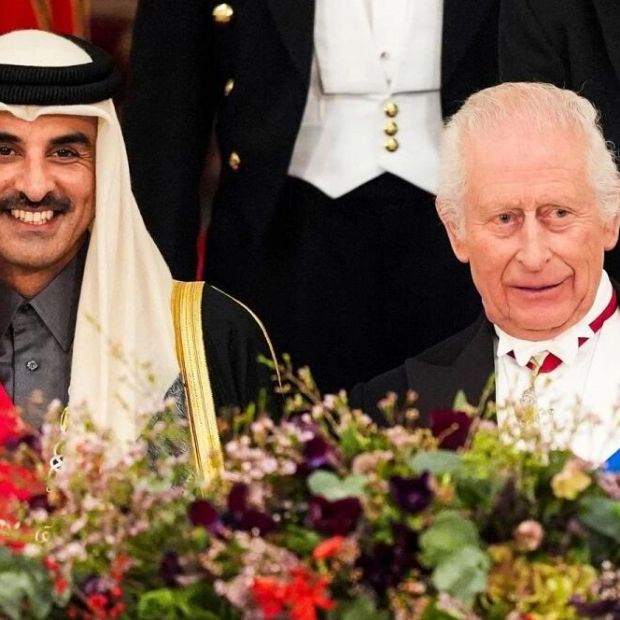Dubai Humanitarian (DH) has developed a dashboard that enables countries hit by disasters to check for and request aid within minutes, a significant improvement from the previous 7-10 day wait. In an interview with Khaleej Times, Giuseppe Saba, CEO of the nonprofit, discussed the transformative impact of this initiative. "On our website, we established a humanitarian logistic data bank, a collaborative effort among various Dubai-based organizations," he explained. Collaborating with customs, the ministry of foreign affairs, and other entities, the system allows disaster-stricken countries to identify stock availability in other nations and locate the nearest humanitarian assistance in under a minute.
Saba noted that previously, countries in need of aid would contact the United Nations, which then took 7-10 days to gather stock information. The system is currently operational in Dubai, Italy, and Panama, with plans to expand partnerships. DH, formerly known as the International Humanitarian City, is the world's largest humanitarian hub, employing over 500 individuals from nearly 70 nationalities. DH has been actively responding to the Gaza conflict since its onset, dispatching over 100 shipments containing aid worth approximately $20 million.
The organization also addresses ongoing conflicts in regions like Sudan, Afghanistan, Yemen, and Syria. DH's warehouse in the UAE functions like a local convenience store, stocked with essential items categorized into shelter, water and sanitation, health, education, and food supplies. Located in Dubai, the hub benefits from its strategic accessibility, enabling rapid responses to emergencies worldwide. Over 80 organizations, including 11 UN bodies and international groups like the Red Cross, operate within DH. In emergencies, the protocol requires the affected country to request aid, triggering a coordinated response from DH to assess needs and mobilize necessary assistance.
With the rise in natural disasters due to climate change, DH is not only increasing its operations but also focusing on sustainability and reducing its carbon footprint. The organization is exploring eco-friendly packaging options to minimize environmental impact. Funding challenges have led DH to engage philanthropists and private companies, not just for financial support but also for their involvement in humanitarian efforts. DH aims to cultivate a generation of young leaders dedicated to humanitarian causes.






